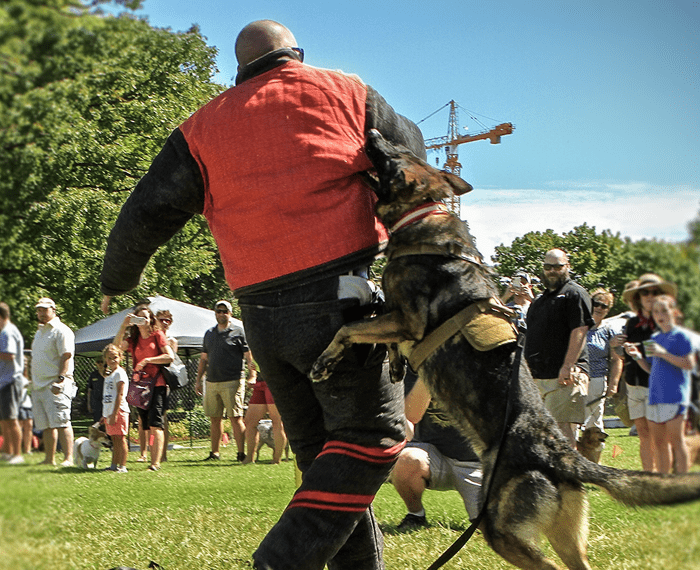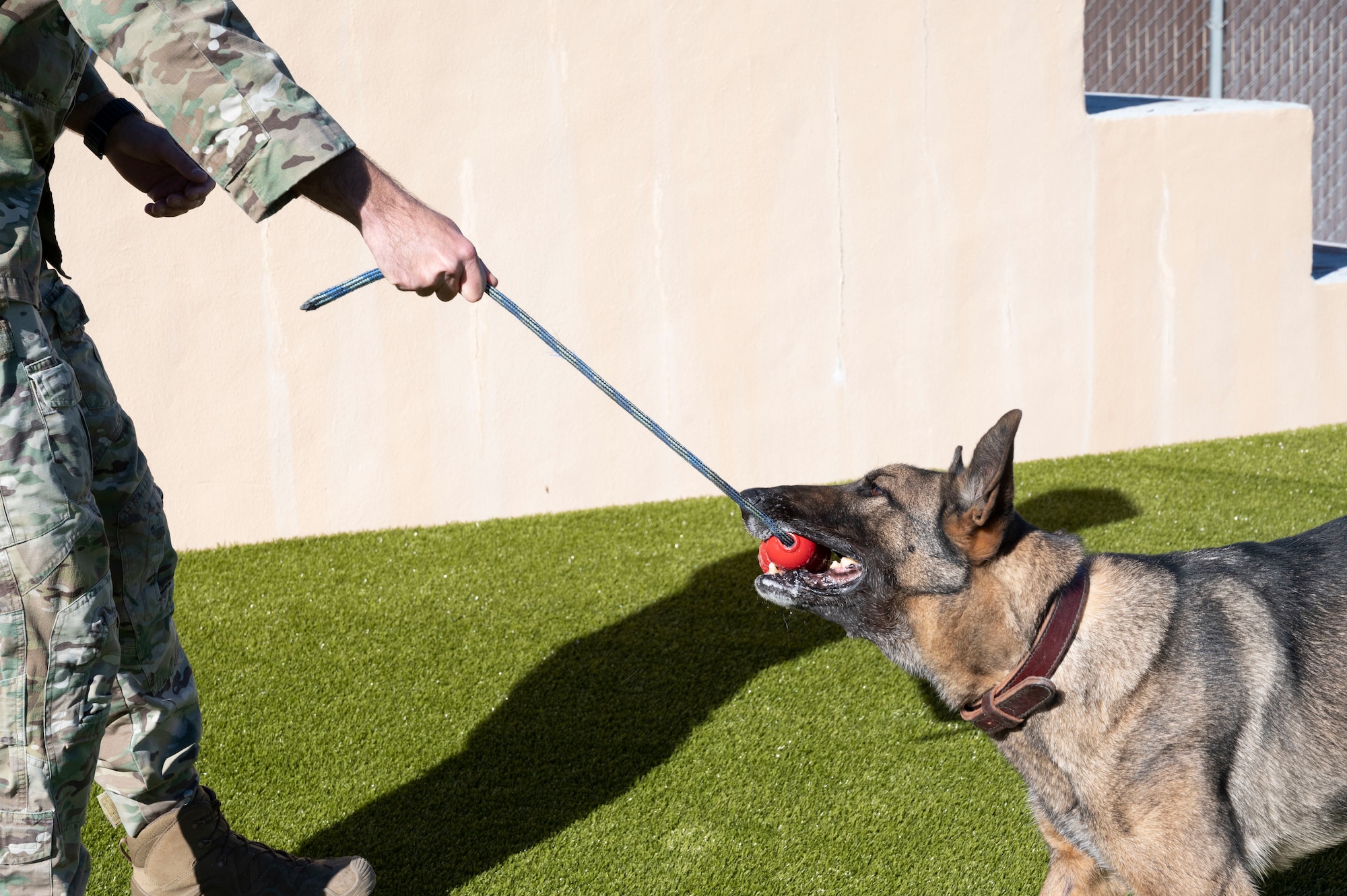Necessary Canine Educating Techniques for a Life Time of Etiquette
Reliable canine training is foundational to cultivating a well-behaved friend that enriches our lives. Recognizing canine behavior and utilizing socializing methods can protect against prospective issues prior to they develop.
Recognizing Pooch Behavior

In addition, recognizing the inherent impulses and drives of a pet dog-- such as victim drive, social communications, and territorial habits-- allows trainers to expect and manage specific habits. A pet dog with a solid target drive may require various techniques than one that is a lot more socially inclined.
Additionally, early socialization and direct exposure to various environments considerably influence a canine's behavior and character. Favorable experiences during critical developmental periods can lead to well-adjusted adult dogs, whereas adverse experiences might lead to anxiousness or aggression.
Favorable Support Approaches
Among the numerous pet dog training strategies, positive reinforcement techniques stand apart for their performance and ability to enhance the bond between canine and trainer (Ohana K9 Academy). This strategy highlights satisfying desired actions instead of penalizing unwanted ones, fostering an extra participating and trusting connection
Positive reinforcement can take lots of kinds, including deals with, praise, toys, or playtime. The key is to supply immediate benefits when the pet dog exhibits the desired actions, enabling them to make the connection between the activity and the favorable end result. As an example, if a dog sits on command, providing a treat right away strengthens that habits, making it most likely to be repeated.
Consistency is important in favorable support training. Trainers should use the exact same cues and rewards to avoid confusing the canine. In addition, varying the incentives can maintain the pet dog's interest and motivation, transitioning from constant treats to periodic appreciation or play as the pet masters the behavior.

Fundamental Command Training
Structure on the foundation developed with positive support approaches, standard command training acts as a critical action in creating an accommodating pet dog. This training typically encompasses necessary commands such as "sit," "stay," "come," and "down - Ohana K9 Academy." Each command plays a crucial duty in cultivating reliable interaction in between the pet and its owner, boosting the total bond
To launch fundamental command training, pick a peaceful atmosphere without diversions. Begin with brief, concentrated sessions lasting no greater than 5 to 10 minutes to maintain your dog's interest. Use high-value deals with as rewards, making certain the canine connects correct actions with positive end results. When showing a command, make use of a clear, constant spoken sign accompanied by hand signals to enhance understanding.
Persistence is crucial; dogs may need countless repeatings to comprehend commands totally. Gradually raise the complexity by presenting variations or disturbances when your pet dog accurately responds. Regular practice enhances learned commands, strengthening them in your canine's actions collection. Ultimately, fundamental command training not just cultivates obedience yet also boosts security and promotes delightful interactions throughout strolls and play, laying the foundation for more sophisticated training techniques image source in the future.
Socializing Methods
In the realm of dog training, socialization techniques are necessary for growing a well-adjusted and certain canine friend. Efficient socializing involves subjecting your pet dog to a range of settings, people, and various other animals in a regulated and favorable way. The primary purpose is to help your pet look at this web-site establish a comfort level with diverse experiences, which can significantly lower anxiety and anxiety in unfamiliar scenarios.
Begin socializing during the important developmental home window of 3 to 14 weeks, when young puppies are most responsive to new experiences. Introduce your canine to different settings, such as parks, city areas, and homes with other pets. Make certain these experiences declare by utilizing deals with and praise to reinforce etiquette.
Group training courses are a superb means to expose your pet to various other canines and individuals in a structured atmosphere. This permits supervised interactions, helping your pet discover appropriate social signs. Regular trips and playdates with genteel pets can even more enhance social skills.
Dealing With Behavioral Concerns
Resolving behavioral problems in canines is a vital element of training that calls for a systematic method and understanding of canine habits. Usual issues such as barking, chewing, aggression, and stress and anxiety can originate from different elements, including lack of socializing, inadequate workout, or perhaps clinical problems.

Furthermore, developing a structured regimen that includes normal exercise and psychological excitement can substantially minimize behavior issues. As an example, interactive toys can maintain a canine engaged and reduce damaging propensities. In instances of serious aggression or anxiety, seeking advice from an expert pet trainer or a veterinary behaviorist may be needed.
Final Thought
In verdict, efficient pet training methods, consisting of positive reinforcement, fundamental command training, and socialization, are essential for fostering excellent habits throughout a pet dog's life. Resolving behavioral problems with a methodical strategy not just improves obedience but also reinforces the bond in between pets and their owners.